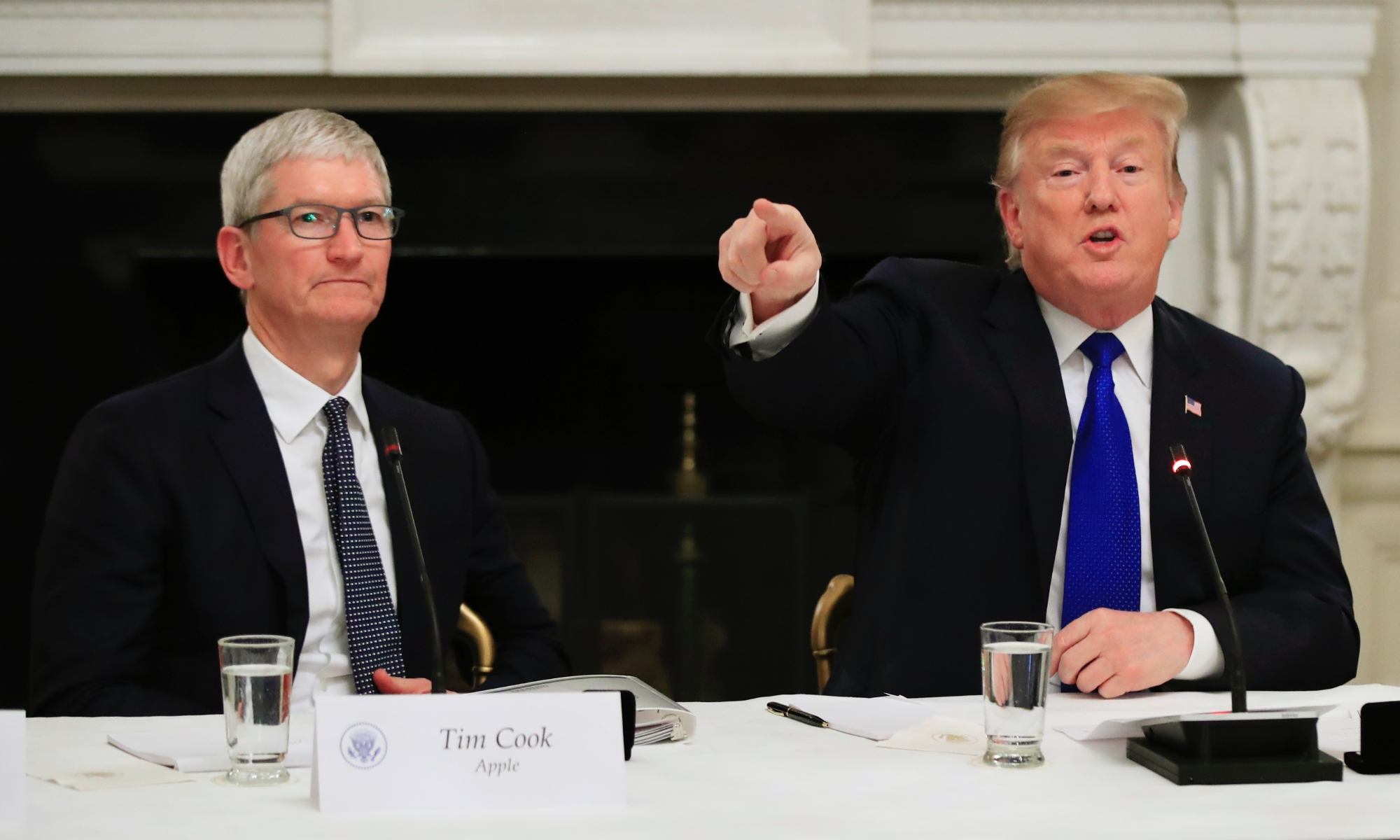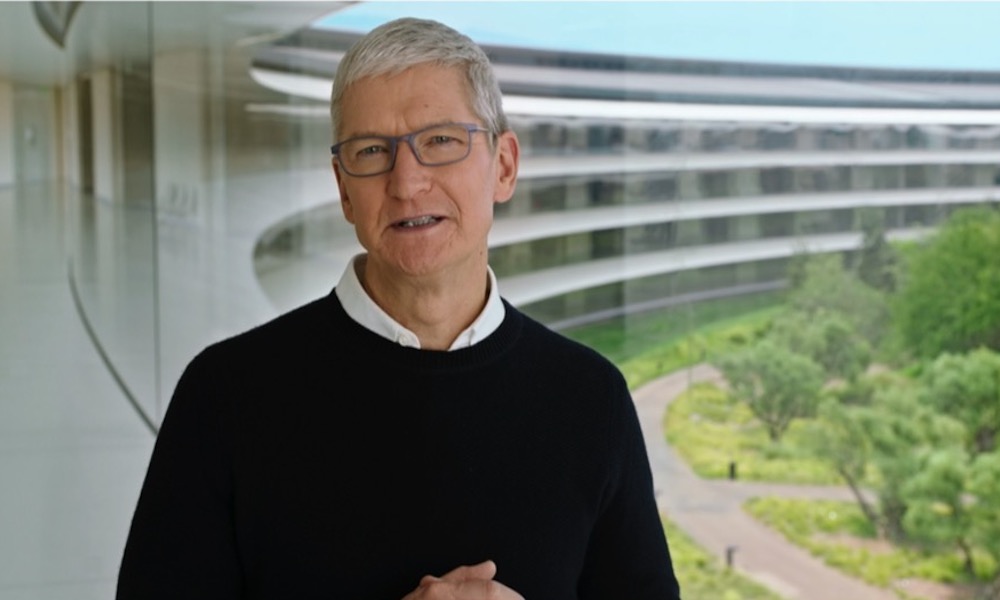Trump Is Not Impressed with Tim Cook’s Plan to Stay the Course on DEI
 Credit: Manuel Balce Ceneta / Associated Press
Credit: Manuel Balce Ceneta / Associated Press
Toggle Dark Mode
This week, Apple’s CEO Tim Cook and the majority of the company’s shareholders agreed there’s no need for Apple to make any sweeping changes to its Diversity, Equity, and Inclusion program policies. In a response that should surprise no one, President Donald Trump is now castigating Apple for holding onto its DEI rules.
Although we expect the President should be thrilled with Apple’s recent commitment to invest $500 billion in the US economy (even if those plans were largely already in the works, the bold announcement lets him claim them as a “Trump manufacturing win”), the company’s position on DEI may have cost it some of that goodwill.
After Apple’s shareholders voted down a proposal by the conservative National Center for Public Policy to force Apple to abandon its so-called DEI initiatives, President Trump shared his thoughts on Truth Social, pillorying Apple for merely making “adjustments” to its DEI rules.
APPLE SHOULD GET RID OF DEI RULES, NOT JUST MAKE ADJUSTMENTS TO THEM. DEI WAS A HOAX THAT HAS BEEN VERY BAD FOR OUR COUNTRY. DEI IS GONE!!!
President Donald Trump
It’s unclear precisely what the President expects Apple to do here. This wasn’t in any way an executive or even a Board of Directors decision on Apple’s part; the company’s shareholders overwhelmingly struck the anti-DEI proposal down, with 97% of the ballots cast voting against it.
Following the proposal’s failure, Cook conceded that Apple would certainly comply with any legal requirements that may force it to change or eliminate its policies but emphasized that no such laws currently exist. Companies and other organizations that have been moving away from anything that even resembles a “DEI” program have done so of their own volition. Many of those decisions haven’t been put to a vote by their shareholders, unlike Apple, which now has a clear mandate to stay the course.
Cook also obliquely spoke out against how “DEI” has become an inflammatory buzzword. He made it clear that Apple does not use, and never has used, “quotas” for hiring. That notion would be absurd on the face of it anyway; Apple needs to hire the best and the brightest talent available, regardless of any “DEI” factors. The fact that Apple has a diverse workforce is simply a result of the fact that very talented people come from all cultures and walks of life.
“We’ll continue to work together to create a culture of belonging where everyone can do their best work,” Cook said during a Q&A session after the votes were cast, adding that Apple remains “committed to the values that have always made us who we are.”
As John Gruber points out at Daring Fireball, Apple has always remained reasonably centrist on diversity and inclusiveness.
Apple didn’t lunge to the left at the height of the #MeToo and Black Lives Matter movements, because they didn’t need to. And so they have no need to course correct now. Apple shareholders seemingly agree.
John Gruber
Other big tech companies have tended to flip-flop over the years as culture wars have dictated the populist approach. Many universities have gone even further, swinging to the extreme left in a way that only educational institutions can get away with. After all, unlike tech companies, there’s no direct relationship between the money that pours into a university’s coffers and the skills that their students bring to the table.
Tech companies need to be considerably more pragmatic. Silicon Valley giants like Google and Meta embraced DEI at its height partly through “vanity hiring,” overstaffing their workforces by as much as four times what was strictly necessary. While much of this was done to make companies look bigger and keep talent away from competitors, it also helped to bolster DEI metrics, as you don’t have to be too concerned about skills when the people you’re hiring aren’t expected to do any real work in the first place.
At the zenith of this practice, Google and Meta had thousands of employees with nothing more to do than sit at their desks and attend pointless meetings. Nevertheless, Apple has always run lean and mean — to the point where products are often pushed back because engineering resources need to be shifted to more critical endeavors. We doubt there’s a single person at Apple who doesn’t work hard to add tangible value to the company. That’s been the core of Apple’s culture since Steve Jobs retook the helm in 1997. With small teams doing great work, Apple can’t afford to waste time with so-called “DEI” initiatives.








